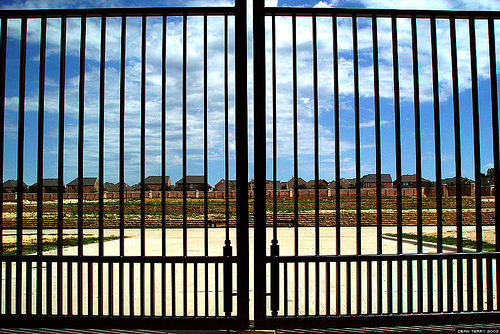(of Google and other New Media Paradigms in Race, Gender and New Media)

The irony of this class for me is that I signed up with the narrow-minded goal of developing career-oriented technological skills. I expected these to include audio and video-editing, and the production and presentation of online content. Broader, more humanistic goals like developing digital literacy also occurred to me, but were simply items on a list, the kind of which you might find (and which I actually did plan to include) on a resume. The irony, of course, is that my original mode of thinking is what digital literacy seeks to problematize and expose to critical debate. Therefore, this class became, not a covetous, last-chance-before-I-graduate dip into a vocational skills bag, but rather a reflection on my relationship to technology, education, race, and gender.
Speaking of which, my most important takeaway has been a realization of my own privileged relationship to technology, and an awareness of how people with less privilege relate to technology in their lives. Essentially, by virtue of my race, class, and gender privilege, as well as my privileged access to education, I experience most of technology’s good side while being spared most of the bad. For instance, while I still have cause to be concerned about companies like Google tracking my data, for the present I am more likely to feel the effects of that practice in the form of more personalized and convenient web-searches, than in the form of data-packet discrimination based on perceived purchasing power. In general, I now have a much more concrete sense of how exploitation occurs in technology-mediated spaces–the gist being that traditional inequalities and prejudices are perpetuated.
This last point has had a major affect on how I’ve come to view New Media and the rhetoric surrounding it. Public conversation is saturated with uncritical and fawning messages about how “revolutionary” technology has become. Of course, they mean “revolutionary” in the PR sense of the word, in which the implied change is really only a new facade for old relationships of power–like new forms of consumerism, for instance. Basically, new media technologies (and the cultures growing around them) have so far been a disruptive force, but they have not been revolutionary. They do hint at the potential for big changes, and positive ones too, but those won’t just come about by themselves. The technologies of the internet, like automobiles and airplanes before them, are neither inherently good or bad, so they don’t only create either good or bad changes; they just make change. Right now we have an opportunity to direct the transformative power of New Media with a little more foresight and productivity than, say, we did with automobiles, and we should take advantage of it.



